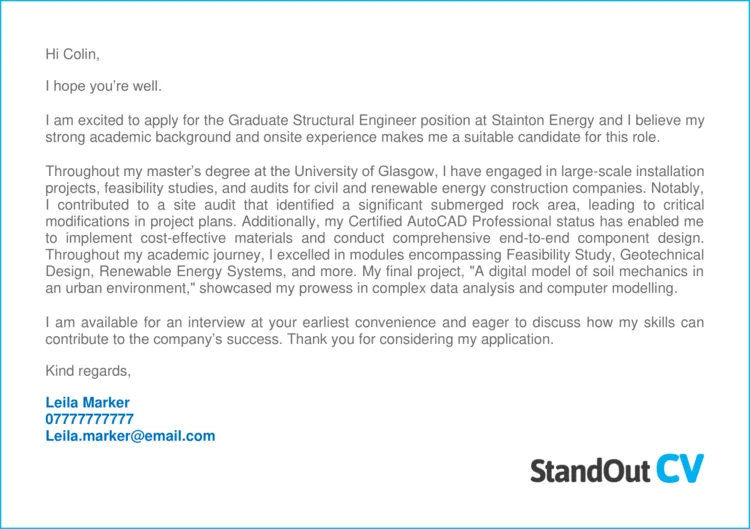Understanding the Importance of a Cover Letter
In the competitive world of job searching, a well-crafted cover letter is your first opportunity to make a strong impression on a potential employer. It serves as a personal introduction, allowing you to showcase your personality, skills, and enthusiasm for the specific role. Unlike a resume, which provides a factual overview of your experience, a cover letter provides the context and narrative, allowing you to connect your qualifications to the job requirements and demonstrate your genuine interest in the company. Graduates often overlook the importance of a cover letter, but it’s the key to unlock interview opportunities. It’s the chance to explain gaps in your experience, highlight transferable skills, and express your unique value proposition.
Why Cover Letters Matter for Graduates
For graduates, a cover letter is particularly critical. It can bridge the gap of limited professional experience. By focusing on academic achievements, internships, extracurricular activities, and transferable skills, graduates can demonstrate their potential and suitability for the role. The cover letter provides space to elaborate on projects, highlight specific skills gained during education, and showcase a proactive approach to learning and development. It’s also an excellent platform to express your career goals and how they align with the company’s mission. A well-written cover letter can significantly increase a graduate’s chances of securing an interview, as it presents them as thoughtful candidates who understand the job requirements and are eager to contribute.
Key Elements of a Compelling Cover Letter
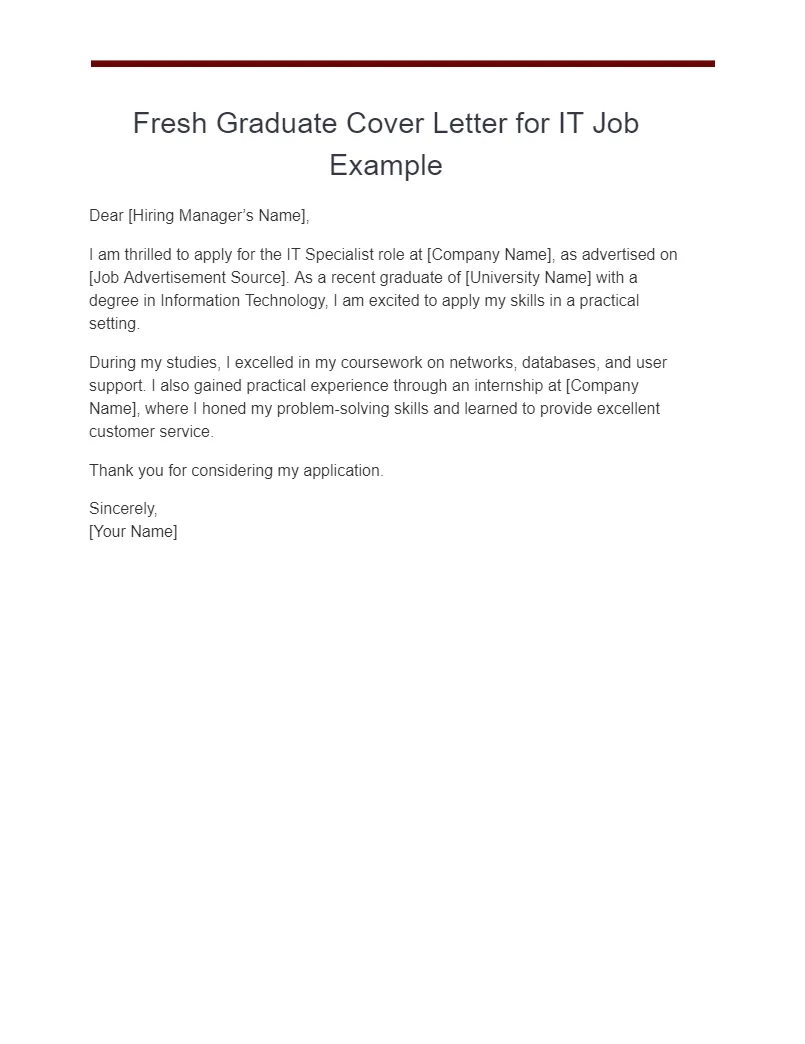
A compelling cover letter is not just a formality; it’s a strategic tool that captures the reader’s attention from the start. Start with a strong introduction, mentioning the specific position and where you found the job posting. Next, highlight relevant skills and experiences, tailoring your examples to match the job description. Quantify your achievements whenever possible, providing measurable results that demonstrate your impact. Show enthusiasm by expressing your interest in the company’s mission or values, and demonstrate your understanding of the industry. The tone should be professional yet personable, showcasing your personality while maintaining respect for the employer. Finally, conclude by reiterating your interest and providing a clear call to action.
Formatting Your Cover Letter for Impact
The format of your cover letter is just as important as its content. Ensure it is easy to read and visually appealing. Use a professional font like Arial, Calibri, or Times New Roman with a font size between 10 and 12 points. Maintain consistent margins (typically one inch on all sides) and use single spacing within paragraphs with a blank line between paragraphs for visual clarity. Keep the letter concise, ideally one page long. Break up large blocks of text with bullet points to highlight key skills or achievements. A well-formatted cover letter shows attention to detail and professionalism, making a positive first impression before the employer even begins reading your letter.
Contact Information and Date
Start your cover letter with your contact information at the top left or right. Include your full name, phone number, email address, and optionally, your LinkedIn profile URL. Below your contact information, include the date, and then the hiring manager’s name and title (if known) and the company’s address. Ensure all information is up-to-date and accurate.
The Ideal Salutation
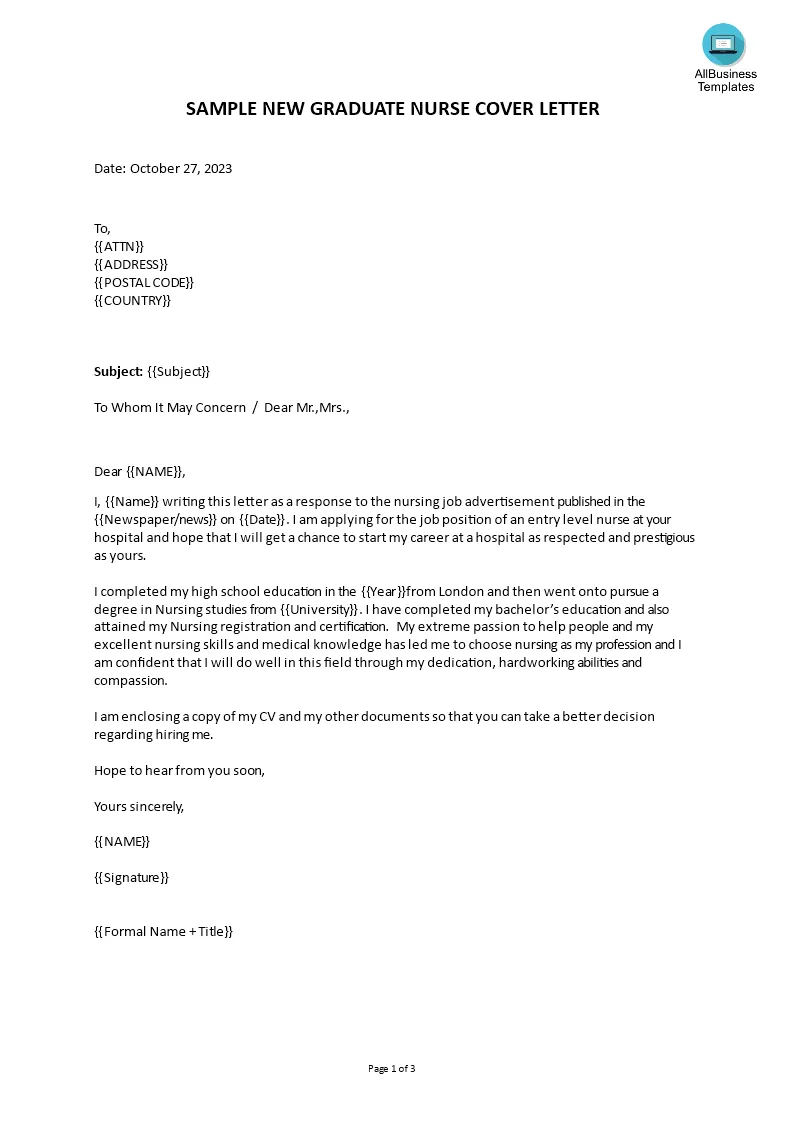
The salutation sets the tone for your cover letter. If you know the hiring manager’s name, use ‘Dear Mr./Ms. [Last Name]’. If you are unsure, use a professional alternative like ‘Dear Hiring Manager’ or ‘Dear [Department Name] Hiring Team’. Avoid generic greetings like ‘To Whom It May Concern,’ which can appear impersonal. Always address the hiring manager or company representative directly.
Crafting a Strong Opening Paragraph
The opening paragraph should immediately capture the reader’s attention and state the purpose of your letter. Mention the specific position you’re applying for and how you found the job posting (e.g., ‘I am writing to express my interest in the Marketing Specialist position advertised on LinkedIn’). Briefly state your key qualifications and why you’re excited about the opportunity, setting a positive tone from the beginning. Showing enthusiasm is crucial.
Highlighting Your Skills and Qualifications
The body of your cover letter is where you demonstrate your skills and qualifications. Review the job description carefully and identify the key requirements. Then, choose the relevant skills and experiences that match the job requirements. Use examples from your academic projects, internships, or extracurricular activities to show how you’ve applied those skills. Clearly link your abilities to the needs of the company, using keywords from the job description to show that you’re a suitable candidate.
Showcasing Relevant Experience
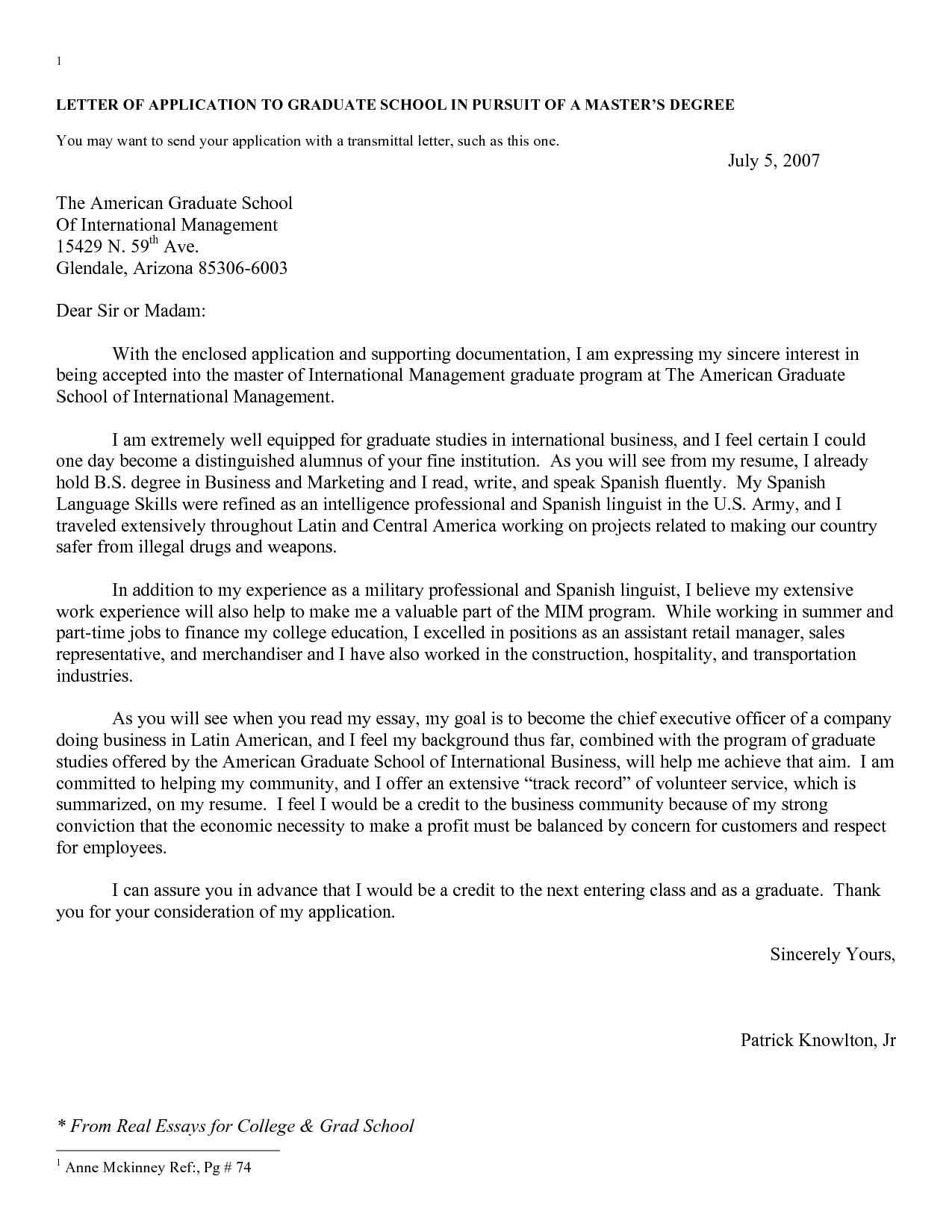
Even if you lack extensive professional experience, highlight any relevant experience you possess. This includes internships, part-time jobs, volunteer work, and academic projects. Describe your responsibilities and accomplishments in these roles, focusing on what you learned and the impact you made. Frame your experiences in a way that demonstrates your transferable skills, such as communication, teamwork, problem-solving, and time management. Showing that you have some experience in related fields, even if it’s not directly job-related, is helpful.
Quantifying Your Achievements
Whenever possible, quantify your achievements to demonstrate your impact. Instead of saying ‘I improved customer satisfaction,’ state ‘I improved customer satisfaction by 15% through implementing a new feedback system.’ Use numbers, statistics, and percentages to provide concrete evidence of your skills and accomplishments. This approach makes your achievements more credible and memorable, helping you stand out from other applicants. Quantifiable data will make a huge impact on the employer.
Demonstrating Your Enthusiasm for the Role
Employers want to hire people who are genuinely excited about the opportunity. Show your enthusiasm by expressing your interest in the company’s mission, values, or products. Mention anything that specifically attracted you to the company and the role, such as their innovative work, their culture, or their commitment to a specific cause. This enthusiasm should be woven throughout your cover letter to make a genuine impression. Researching the company before writing your letter is an important step.
Addressing the Employer’s Needs
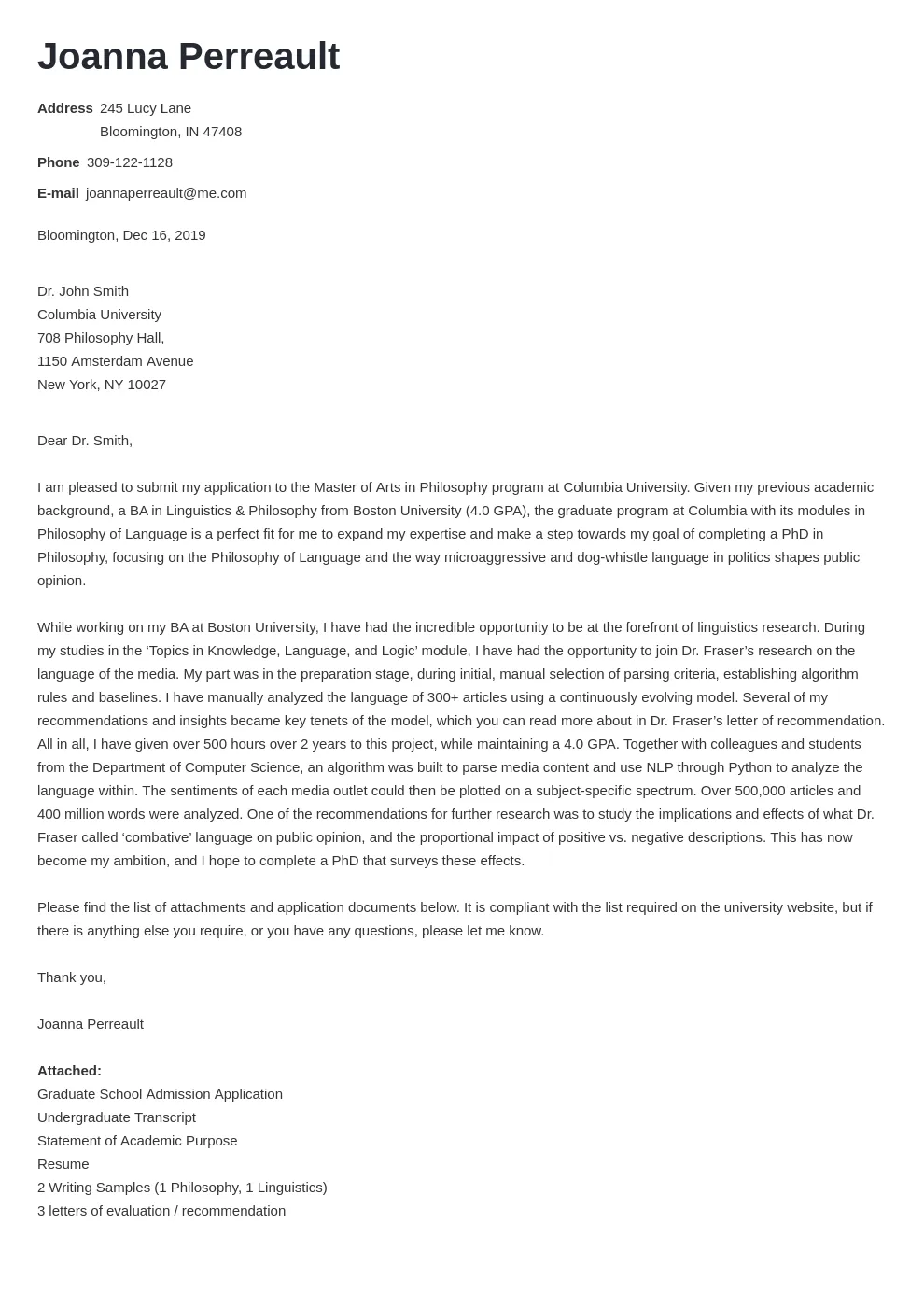
Always consider the employer’s needs when writing your cover letter. Thoroughly review the job description and identify the key requirements and desired qualities. Tailor your cover letter to address these specific needs, highlighting your skills and experiences that align with the role. Explain how your abilities and experiences will benefit the company, demonstrating that you are a valuable asset. The best cover letters will always speak to the needs of the employer.
Writing a Powerful Closing Paragraph
Your closing paragraph should reiterate your interest in the position and express your gratitude for the reader’s time and consideration. Reiterate your key qualifications and why you’re a strong fit for the role. Include a call to action, such as stating that you are available for an interview and look forward to discussing the opportunity further. Thank the employer for considering your application. Ensure the closing is as enthusiastic as the opening.
Expressing Gratitude and Next Steps
Always end your cover letter by expressing gratitude for the employer’s time and consideration. Then, state your intention to follow up or the best way for the employer to contact you. For example, you could say, ‘Thank you for considering my application. I look forward to hearing from you soon.’ If you plan to follow up, specify a timeframe (e.g., ‘I will follow up in a week to check on the status of my application’). This positive close leaves the reader with a favorable impression and gives you a chance to follow up.
Proofreading and Editing Your Cover Letter
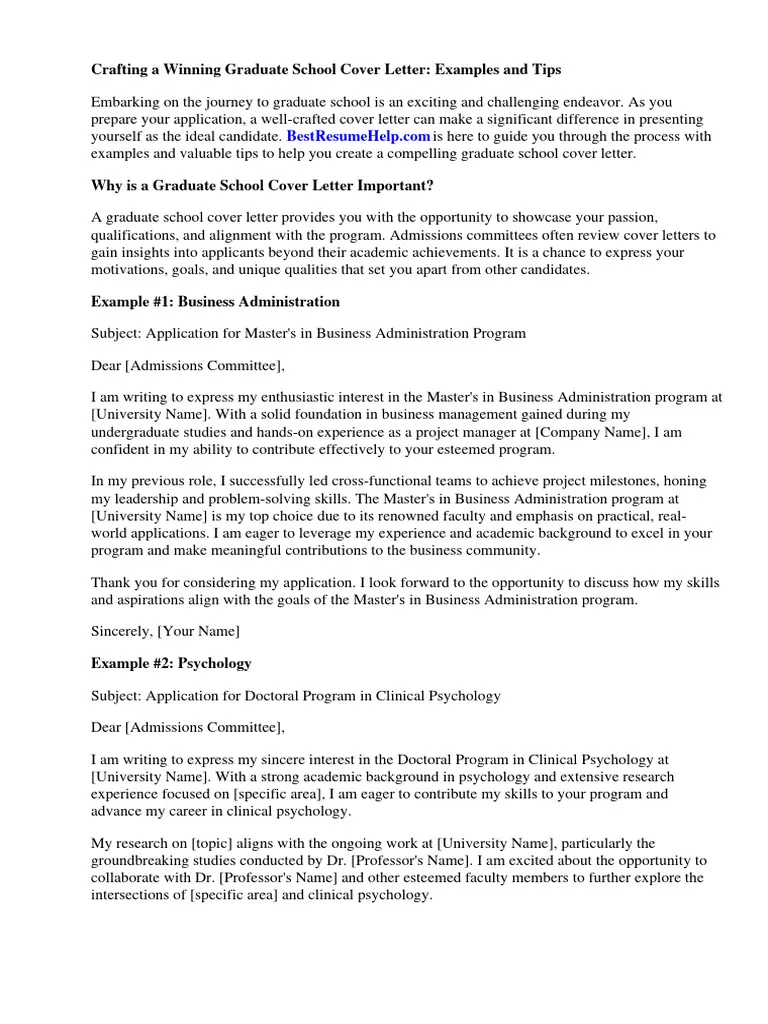
Before submitting your cover letter, proofread and edit it carefully to eliminate any errors. Check for grammatical errors, spelling mistakes, and punctuation errors. Ensure that the letter flows logically and is easy to read. Consider asking a friend, family member, or career counselor to review your letter for feedback. Even minor errors can detract from your professionalism and make a negative impression, so it is critical to double-check everything.
Common Mistakes to Avoid
Avoid these common mistakes to ensure your cover letter makes a positive impression.
Overusing Generic Phrases
Avoid generic phrases like ‘I am writing to express my interest’ or ‘I am a hard worker.’ These phrases are overused and don’t provide any specific information about you. Instead, use more specific and compelling language that highlights your unique skills and experiences.
Ignoring the Job Description
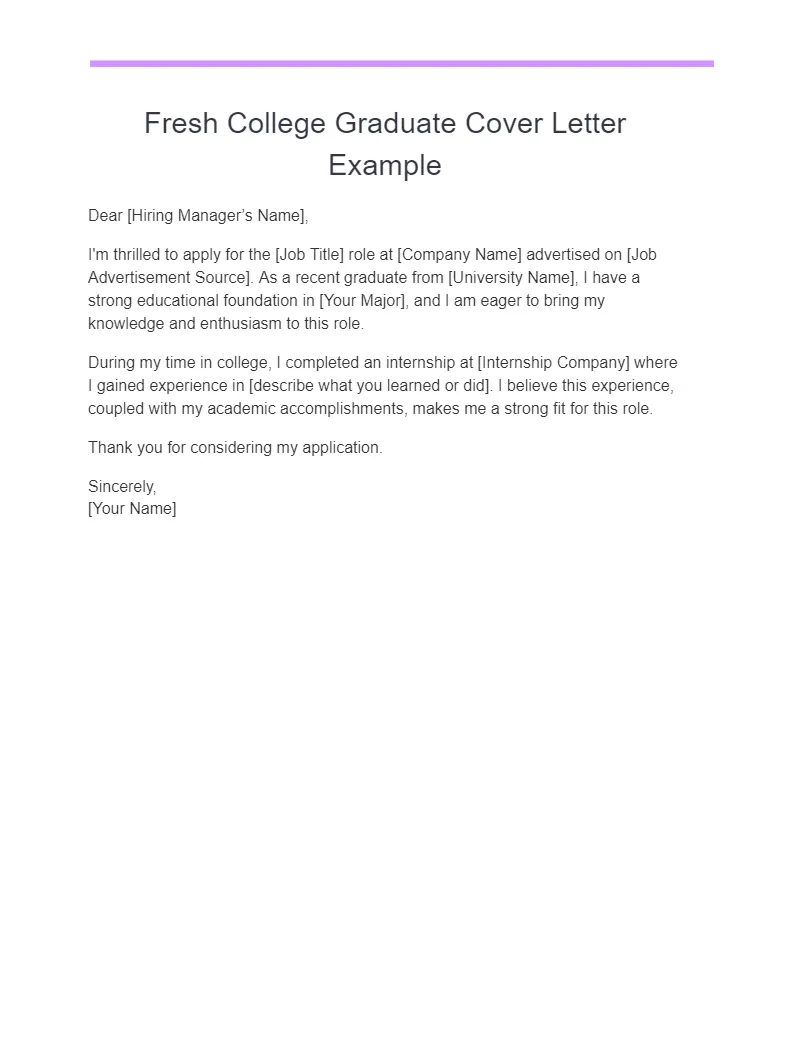
Failing to tailor your cover letter to the job description is a major mistake. Always review the job description carefully and highlight the skills and experiences that align with the requirements. Use keywords from the job description to demonstrate that you meet the employer’s needs. Employers can immediately tell when you don’t take the time to tailor your application to their specific requirements.
Failing to Tailor Your Letter
A cover letter is not a one-size-fits-all document. Avoid sending the same cover letter for every job application. Take the time to customize each letter to match the specific requirements of each role. Tailor your letter to demonstrate your understanding of the company, the role, and the industry. Generic applications are easily discarded.
Cover Letter Examples for Different Roles
Cover letter examples can provide a starting point, but it’s essential to customize them to your specific situation.
Example Cover Letter for a Marketing Graduate
Dear [Hiring Manager Name],
I am writing to express my keen interest in the Marketing Specialist position at [Company Name], as advertised on [Platform]. As a recent graduate with a [Degree] in Marketing from [University Name], I possess a solid foundation in digital marketing, content creation, and market research. During my internship at [Previous Company], I successfully managed social media campaigns, increasing engagement by 20%. My coursework in data analytics has equipped me with skills to evaluate campaign performance. I am particularly impressed by [Company Name]’s innovative marketing strategies and commitment to [Company Value]. I am eager to contribute my skills and enthusiasm. Thank you for your consideration. I look forward to hearing from you soon.
Sincerely, [Your Name]
Example Cover Letter for a Software Engineering Graduate
Dear [Hiring Manager Name],
I am writing to apply for the Software Engineer position at [Company Name]. As a recent graduate with a [Degree] in Software Engineering from [University Name], I am equipped with programming skills. I have experience with [list programming languages]. During my final year project, I developed [Project Description]. I am excited about the prospect of working at [Company Name], a leader in [Industry]. Thank you for your time and consideration. I eagerly await your response.
Sincerely, [Your Name]
Example Cover Letter for a Finance Graduate
Dear [Hiring Manager Name],
I am writing to express my interest in the Finance Analyst position at [Company Name]. As a recent graduate with a [Degree] in Finance from [University Name], I have a strong understanding of financial modeling, investment analysis, and risk management. During my internship at [Previous Company], I assisted in [responsibilities]. I am particularly drawn to [Company Name]’s commitment to financial innovation. I am excited to apply my skills and contribute to your team’s success. Thank you for your consideration. I hope to hear from you soon.
Sincerely, [Your Name]
Tips for Customizing Your Cover Letter
Customizing your cover letter is essential to make it relevant to the job and company.
Researching the Company and Role
Before writing your cover letter, research the company and the specific role. Visit their website, read their social media pages, and learn about their mission, values, and recent projects. This information will help you tailor your letter to the company’s needs and demonstrate your genuine interest. You can also analyze the job description to identify key requirements and the language the employer uses to describe the role.
Using Keywords Effectively
Incorporate keywords from the job description throughout your cover letter. These keywords help demonstrate your understanding of the role and make it easier for the employer to identify your qualifications. However, don’t just stuff keywords in randomly; use them naturally within the context of your writing. This will ensure your letter remains readable and compelling.
Seeking Feedback on Your Cover Letter
Ask a trusted friend, family member, career counselor, or professor to review your cover letter. They can provide valuable feedback on the content, format, and overall impact of your letter. They can also identify any errors or areas for improvement. Getting a second opinion can significantly improve the quality of your cover letter and increase your chances of success.
Finalizing and Submitting Your Cover Letter
Once you’ve written and edited your cover letter, follow these steps to finalize and submit it.
Saving Your Cover Letter in the Right Format
Save your cover letter as a PDF to preserve its formatting and ensure it appears the same on any device or operating system. Name the file in a professional manner (e.g., ‘Your Name_Cover Letter_Role Title’). Make sure you use a consistent and professional file naming convention for all your job application documents.
Following Up After Submission
If the job posting permits, follow up with the employer a week or two after submitting your application. A brief email expressing your continued interest and reaffirming your qualifications can help you stay top of mind. However, respect the employer’s instructions on application procedures and deadlines.
Resources for Cover Letter Writing
Utilize these resources to assist you in the cover letter writing process.
Online Cover Letter Builders
Many online cover letter builders offer templates and guidance to help you create a professional cover letter. These tools can save you time and provide a structured approach to writing your letter. However, always customize the template to reflect your unique qualifications and the specific job requirements.
Professional Cover Letter Templates
Use professional cover letter templates as a starting point. These templates are designed to help you create a visually appealing and well-structured cover letter. Many websites offer free and premium cover letter templates that you can download and customize. Templates make it easier to understand format and style.
